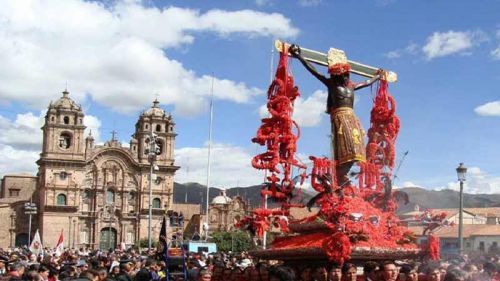Chincha - and here especially the district of El Carmen - in the southern Ica region of Peru can be considered as the capital of African culture in the country and is home to the largest celebrations of Afro-Peruvian art, folklore, gastronomy, music and dance each February.
The first Africans arrived in Peru with the Spanish conquerors as slaves in the early 16th century. Over the course of the slave trade, approximately 95,000 slaves were brought to Peru; the last ones in 1850. They were forced to work in public construction, building bridges and roads, used as servants, cooks and gardeners, had to perform physical labor in mines and in the guano industry, or were forced to do heavy labor on the sugarcane and rice plantations of the northern Peruvian coast or the vineyards and cotton fields that spread along the southern Peruvian coast. President Ramón Castilla abolished slavery in 1856.
Africans not only contributed to the development of Peru with their skills, knowledge and hard labor, but also left their imprint on what we know today as Peruvian culture, and here especially in the music scene and gastronomy.
The roots of the culture, identity and heritage of Afro descent Peruvians and its merging with others in Peru are celebrated in the Festival del Verano Negro.
There is no central date, just expect plenty of Afro-Peruvian music and dancing, street parades with lots of Afro-Peruvian customs, traditions and costumes, gastronomic and craft fairs, poetry and sports competitions, exhibitions and much more during the two-week joyous celebrations.





























